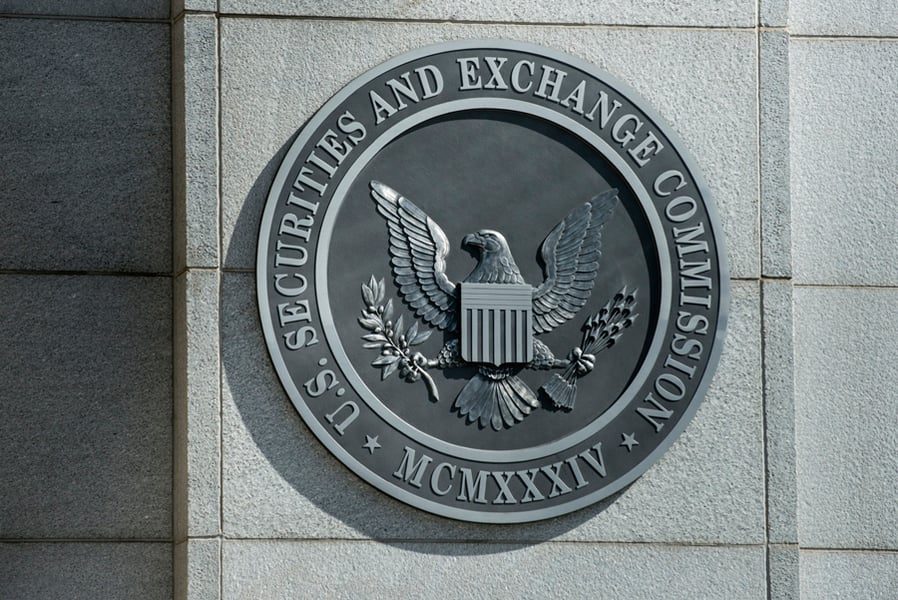The Securities and Exchange Commission set five-year highs in several enforcement categories in its 2019 fiscal year ending in September, including punishment of violators and investor restitution, according to statistics released Wednesday.
The
SEC's enforcement annual report for fiscal 2019 shows it brought 862 enforcement actions, obtained $4.3 billion in disgorgement and penalties and returned $1.2 billion to harmed investors, with the last two totals representing the most for those categories since fiscal 2015.
A former SEC official said the results show that the agency overcame the 35-day government shutdown and hasn't become less aggressive in a Republican presidential administration, as some critics have asserted.
"These numbers prove that while there was a government shutdown and a change in administration, enforcement continues to be a top priority for the SEC," said John Berry, partner at Munger Tolles & Olson and a former SEC associate regional director.
For the second year in a row, the SEC brought the most stand-alone enforcement actions against investment advisers and investment companies, at 191. The next-highest category was securities offerings, at 108. The number of actions against broker-dealers fell to 38 in fiscal 2019 compared to 63 in fiscal 2018.
"The Division of Enforcement is acutely focused on protecting the interests of retail investors," the report states. "One area of particular focus was on misconduct that occurs in the interactions between investment professionals and retail investors."
[Recommended video: What does it mean to work in the best interest of clients?]
The report highlights the
SEC's crackdown on investment advisers who failed to disclose to their clients that they sold them mutual funds with 12b-1 fees when less expensive share classes were available in the same fund.
The SEC's share-class initiative has
resulted in $135 million being returned to harmed investors. Firms self-reported and didn't have to pay monetary penalties.
The initiative also accounts for a sizable chunk — 95 —of the 526 stand-alone cases for FY19. When they're factored out, the number of stand-alone cases falls below the levels obtained between FY15 and FY18.
"Adjusting for the share class self-reporting settlements, enforcement brought nearly 60 fewer stand-alone cases this year, presumably as a result of decreased staff head count, the government shutdown and resource allocation," said Julie Riewe, a partner at Debevoise & Plimpton and former co-chief of the SEC Asset Management Unit.
The share-class initiative didn't break new enforcement ground in terms of the kind of violation it highlighted but it did demonstrate the SEC's focus on victims, Ms. Riewe said.
"From a deterrence standard, nothing new is being communicated through these cases," she said. But the SEC was "efficiently able to return money to investors they thought were harmed."
The SEC illustrated its efforts to force wrongdoers to return ill-gotten gains by highlighting its case against Woodbridge Group of Cos., a Ponzi scheme involving approximately 8,400 investors. In January,
a court ordered the company and its former chief executive to pay $1 billion in penalties and disgorgement, which represents nearly a quarter of the $4.3 billion the SEC obtained in FY19.
The report said the SEC has been held back by
a recent Supreme Court case, Kokesh v. SEC, that imposes a five-year statute of limitations on disgorgement.
"The division estimates that the Kokesh ruling has caused the commission to forgo approximately $1.1 billion in disgorgement in filed cases," according to the report.
Investment advisers should expect the SEC to continue to zero in on them.
"If you're worried about the Main Street investor, a [primary] target of your enforcement focus will be investment advisers to make sure they're treating them fairly," Mr. Berry said.
Register today for our Future of Financial Advice event on Nov. 20.







